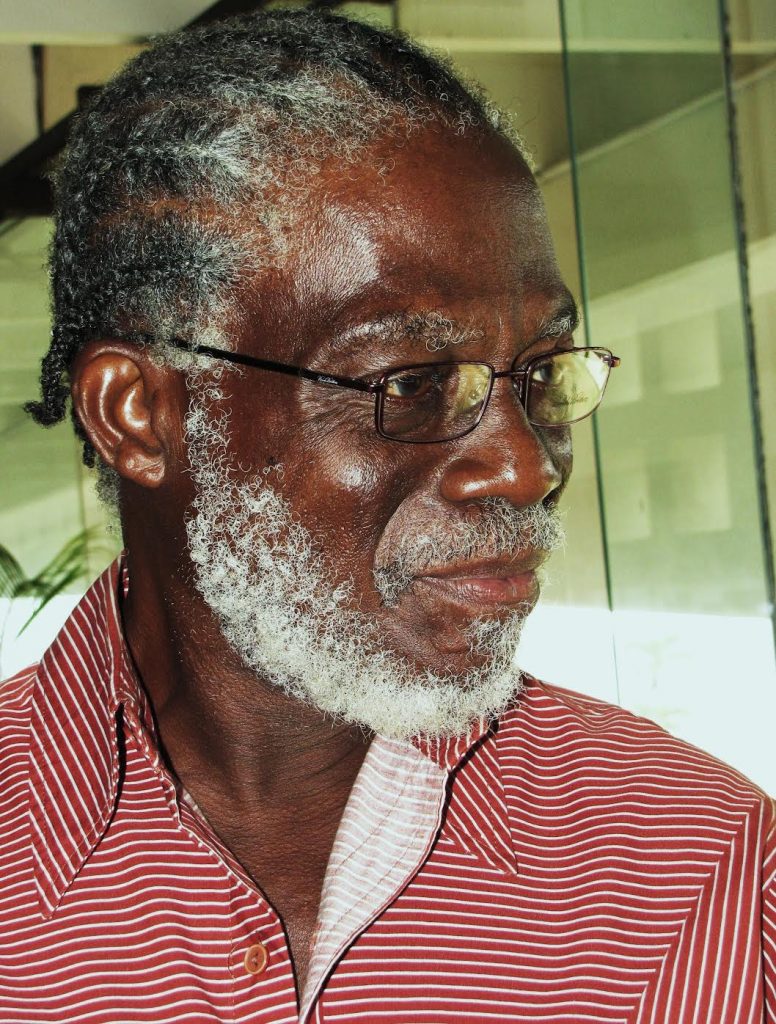
James “Jimmy Solo” Howard was more than just a dance promoter or sound system owner – he was a Jamaican cultural architect. From spinning vinyl in the pulsating heart of Kingston to shaping the nation’s musical landscape, Jimmy Solo’s name is synonymous with innovation, vibrancy, and an unrelenting passion for Jamaican culture.
As a top promoter In Western Kingston, Jimmy Solo hosted all the Major sounds of the last six decades. Including Sir Coxsone’s Downbeat, Duke Reid’s Trojan, V Rocket, Tipper Tone, Lauderbelle, Stan the Soul Merchant, Metro Media, and Stone Love Movement, among many others.
His legendary Shang-Hi, Solophonic Disco wasn’t just a speaker stack but a portal to a bygone era of musical gold. For decades, music fans grooved to the sounds of, all meticulously curated by Jimmy Solo’s masterful hand and his crew, including sons Dennis and Roderick and daughter Novelette, arguably one of the first female selectors. His talent for selection wasn’t just about decibels; it was about painting sonic landscapes that ignited bodies and souls. A pioneer of the round-robin movement, which is now a cultural phenomenon with his son Dennis, he introduced corporate sponsorship and the traditional partner scheme to the practice.
Beyond the dancehall, Jimmy Solo’s influence stretched far and wide. In the 1970s, he became the president of the first sound system association, forging unity and purpose in the vibrant world of Jamaican basslines. His vision extended to the national stage, where he orchestrated the participation of sound systems in the independence celebrations. He actively assisted in the development of numerous sound systems by giving them the needed break to develop a fan base through playing at Jazz Hut and at his many dances and sessions.
His collaboration with the Jamaica Cultural Development Commission (JCDC) further cemented his legacy, seeing him involved in festival song and popular song competitions as a trusted adjudicator and live show producer.
Multi-Faceted Solo
But Jimmy Solo’s artistic expression wasn’t confined to sound. He was a man of multifaceted talents, his creativity spilling into the visual realm. He was an avid photographer who captured Kingston’s vibrant cultural life. The Jazz Hut Bar, a landmark that has hosted musical royalty since the 70s, stands as a testament to his entrepreneurial spirit and impeccable taste. It became the home base for both his Shang-Hi sound system and the legendary Tipper Tone, further solidifying his role as a central figure in Jamaica’s cultural scene.
And while the music played and bodies swayed, Jimmy Solo didn’t stop there. He was a skilled sheet metal fabricator, who worked on many major projects island wide, a testament to his unceasing quest for artistic expression. He approached everything he did with an artistic flair, transforming a simple dance party into a cultural happening, a community gathering, a vibrant tapestry woven from the threads of music, art, and sheer passion.
For his contribution to sound system culture and Jamaican popular music, he was honoured with the Tribute to the Greats Award, and the Stone Love Movement awarded him for his outstanding contribution to the development of the sound system.
James “Jimmy Solo” Howard was more than just a name – he was a movement. He was a pioneer, a curator, a visionary, and a testament to the boundless creativity that pulsates through the heart of Jamaica. He was, and forever will be, a cultural colossus, his legacy resonating in every beat, every step, and every note that echoes through the island’s streets.





